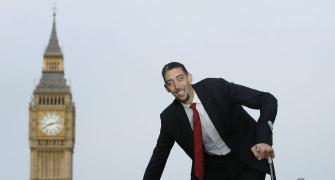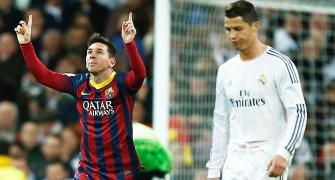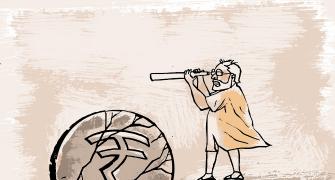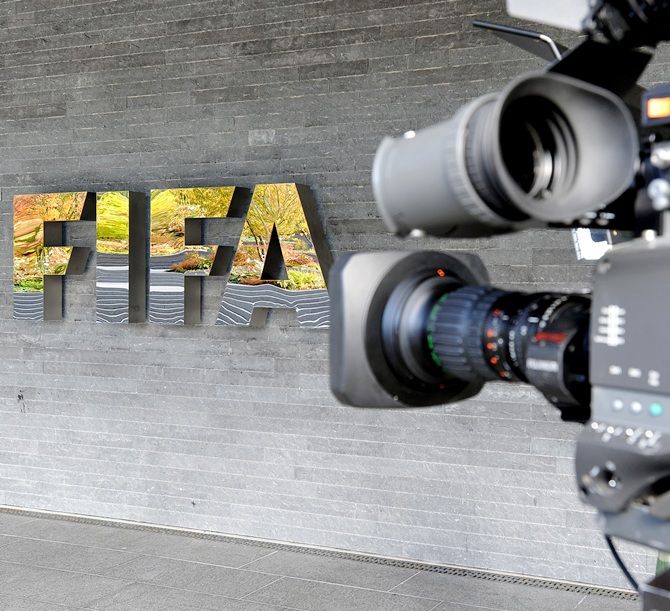
Bidding process for the 2018 and 2022 World Cups was criticised by its own investigator
‘It has made a bit of a mockery of the whole process if the person who did the investigation says the report didn’t reflect what he believed’
One of the criticisms most often labelled against FIFA is that it lacks transparency
FIFA appeared to be in limbo on Thursday as a long-awaited report on the turbulent bidding process for the 2018 and 2022 World Cups was criticised by its own investigator while the soccer world watched on in a mixture of bewilderment and anger.
FIFA's ethics judge says Qatar, Russia World Cup bids 'not compromised'
The dramatic twist led to further calls for the investigation's 430-page report to be published in full, rather than the 42-page statement which was made public on Thursday.
The statement, issued by FIFA ethics judge Hans-Joachim Eckert, said it could find no grounds for re-opening the bidding process for the tournaments which were awarded to Russia and Qatar respectively in December 2010. Former United States Attorney Michael Garcia, who spent more than a year investigating allegations of corruption before turning his findings over to Eckert, complained that the final version contained ‘numerous materially incomplete and erroneous representations of the facts’.
He also said he would appeal against the findings of the report which he helped compile. If he does so, that would take the case to the FIFA appeal committee, whose members are appointed by the executive committee, which in turn was at the centre of the ethics investigation as it chose Russia and Qatar as hosts.
"We needed and still need to know what happened before and after the December 2010 vote," said Jerome Champagne, who will challenge incumbent Sepp Blatter for the FIFA presidency in May.
"I have said consistently and constantly that the FIFA World Cup should be protected for what it represents for the game and for the football community at large."
He added: "The potential future proceedings against officials mentioned in the investigation will constitute an important step for the full closure of the case."
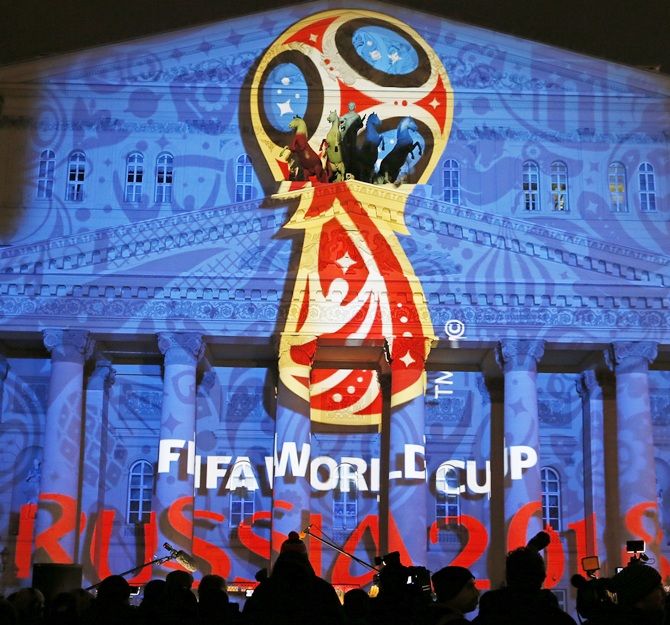
There was anger in England, whose bid team were heavily criticised for over-indulging former FIFA powerbroker and executive committee member Jack Warner in the run-up to the vote. "It has made a bit of a mockery of the whole process if the person who did the investigation says the report didn’t reflect what he believed. I’m a bit shocked by it all, as I’m sure most people are," England FA chairman Greg Dyke told Sky Sports, joining the calls for full publication.
“We’ve always wanted the full report published, you may have to take out some names that were given confidentially,” he said.
But we’ve always wanted it published, Garcia wants it published and he clearly wants it published now." There has been mystery and confusion throughout the investigation over the exact process.
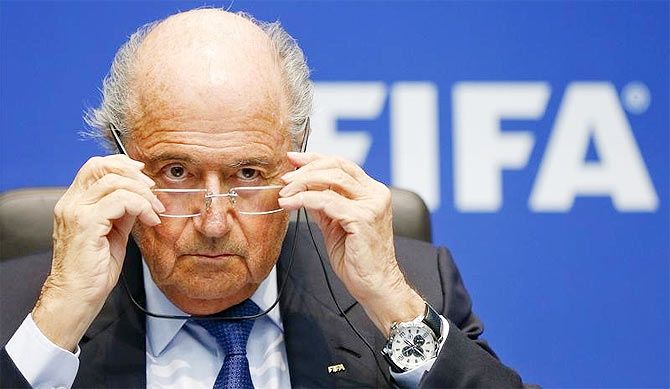
Garcia's findings were initially expected to be announced before the World Cup only for the date to be pushed back until July and then September. It then emerged that his findings would not be published but merely passed on to Eckert for a preliminary judgement and statement.
At that point, Garcia led demands for his report to be published and was joined by several FIFA executive committee members. However, in October, Eckert said the findings could not be published in full for ‘legal reasons’.
One of the criticisms most often labelled against FIFA, much of whose headquarters lies below ground level in a leafy Zurich suburb, is that it lacks transparency.
"We need more openness, more of a discussion culture in sports organisations and football," said Sylvia Schenk, a representative of anti-corruption watchdog Transparency International, in September. "If they just publish the report...on what happened in Qatar, without transparency, and just punish individuals and say 'we did a good job and we are clean', FIFA will not regain trust, FIFA will not gain respect."


